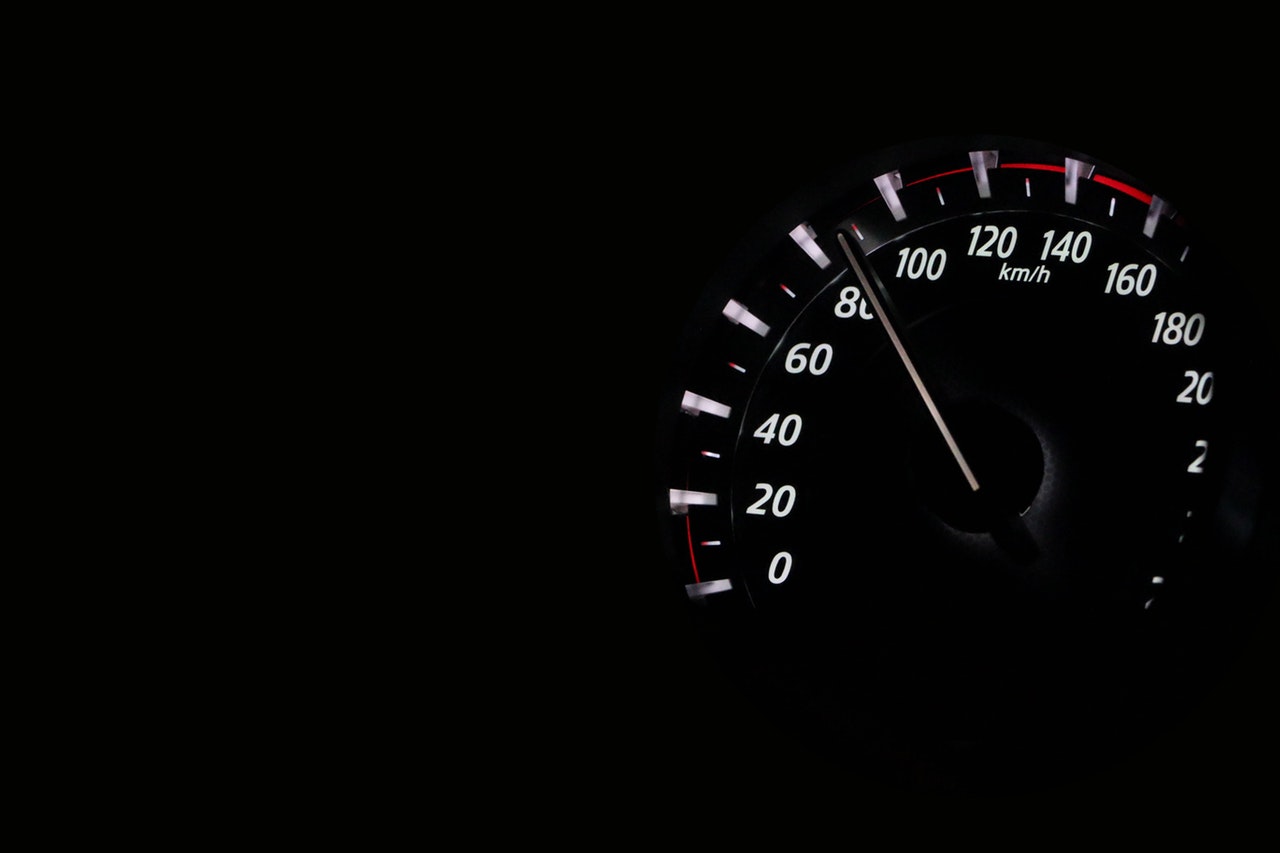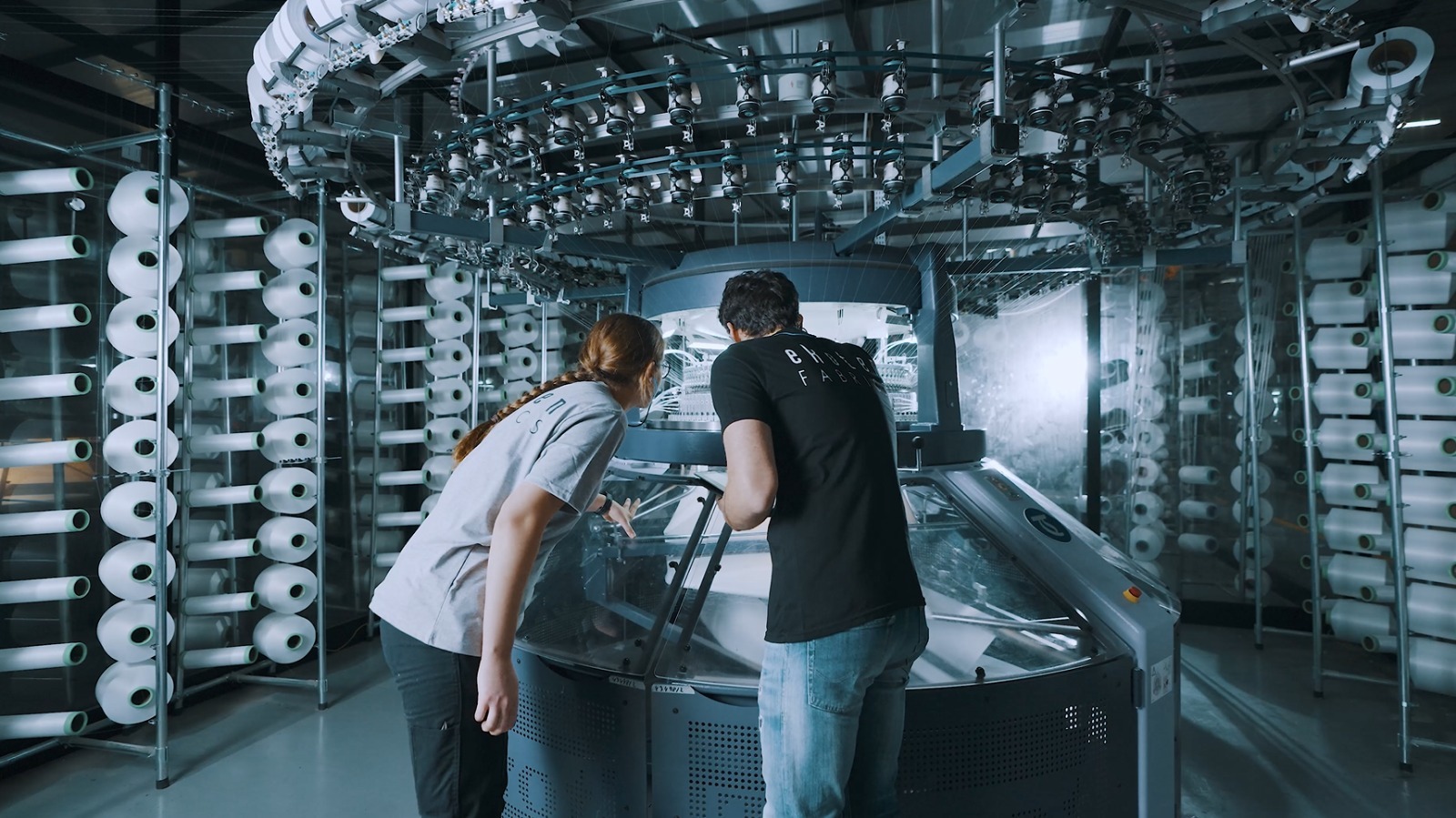World
The South Australian Government Has Increased Speeding Fines By Up To 500%

Governments can often change the laws for many reasons, some to help their citizens interest’s and some to help their own interests.
In this article, we’re going to learn about how the South Australian government has increased driving related fines by up to 500% – in order to fill their recent state budget loss of over AUD $500m due to unpaid GST (taxes).
The increase in fines is reported to generate an extra AUD $79m in revenue for the government. Starting from July 1st, 2019.
Here is an infographic that covers the specific fines and how much they’ve increased by:

Source: Scammell.com.au
Corporate companies are hit the hardest, with original speeding fines being $300 AUD and now an astonishing $1,500 AUD – which is a little over $1,010 USD.
Some of the biggest increases are to fines for speeding more than 30 kilometres per hour over the limit, which will increase by 60 per cent.
The speeding fine for traveling at 30–45kph over the limit will increase from $920 to $1,472, while drivers going more than 45kph over will face a fine of $1,658 — up from $1,036.
The state’s Treasurer, Rob Lucas said the Government would also significantly increase the fine for people who were caught speeding in a company car.
So this begs the question – how do the people of the affected state respond and deal with these matters? Especially when they’re struggling financially, as paying any fine within itself is frustrating – especially when the fees have soared by up to 500%.
So although the SA government is making an attempt to recover their recent financial losses, they are still over $400m short – it will be interesting to see how they will recover the funds.
As with all matters, it’s important to also see the other side of the coin – in this case, it’s the opposing government. We will see what they have had to say about this –
The former Treasurer Stephen Mullighan said the Liberal Party (current state Government) had broken its 2018 election promise to lower costs.
“It doesn’t matter if you’re a motorist, a public transport user, a tradie or a hospital worker, no South Australian is safe from this massive hike in fees and charges,” Mr Mullighan said.
“This is an attack on households, an attack on businesses and an attack on South Australians who are just trying to manage their cost of living at a time of low inflation and low growth in their wages.”
South Australian Council of Social Service CEO, Ross Womersley said people on low incomes would be the hardest hit.
It’s a strong reminder to take caution on the roads and put your phone away, the fines will keep on increasing and it’s not going to be great when we’re faced with an exorbitant fine to pay.
World
Turkish Textile Giant Sun Textile Solution Proposal for Drought

While the World Health Organization (WHO) and the United Nations (UN) are seeking solutions to combat drought through various projects, Ekoten Textile, a subsidiary of Turkey’s textile giant Sun Textile, has developed a groundbreaking project in collaboration with a technology startup to minimize the intensive water consumption in the textile industry. This pioneering project, the first of its kind globally, will enable the recycling and reuse of up to 90% of the water used in textile production.
Drought is one of the most pressing issues facing the world today. According to WHO data, 40% of the global population is struggling with water scarcity. By 2030, up to 700 million people could be forced to migrate due to drought. The unconscious use of water in global production processes plays a significant role in the rapid depletion of clean water resources.
The textile industry is one of the sectors with the highest water consumption. In Turkey, while the food industry consumes 22% of the water used for industrial purposes, the textile sector follows closely with 18%. For instance, producing an average of 40 tons of products daily requires 2,500 tons of water, equivalent to the daily water consumption of approximately 10,000 people.
CLEAN WATER RESOURCES FOR HUNDREDS OF THOUSANDS OF PEOPLE EVERY DAY!
In textile production, where clean water resources are heavily consumed, the innovative success of the Turkish company stands out as a global best practice. This initiative will shape the future of the industry. The wastewater recycling project, developed through intensive R&D efforts, will ensure that over 90% of the required water is sourced from recycled supplies.
The reuse of wastewater in production will transform the fate of countries operating in the textile sector. By preventing the use of clean water resources for textile production, this project will free up clean water sources that can meet the daily needs of hundreds of thousands of people.
R&D ACTIVITIES IN 38 COUNTRIES WITH 380 PARTNERS!
Sun Textile places great emphasis on R&D activities, conducting research and development efforts with 380 partners across 38 countries. Sun Textile and its subsidiary Ekoten Textile export nearly 90% of their production, solidifying their identity as a leading exporter. The company ships products to numerous destinations worldwide, including European countries, the UK, and the US. Sun Textile, the leading ready-to-wear exporter in the Aegean Region, achieved a consolidated turnover of 250 million euros in the third quarter of 2024, continuing its active growth trajectory.
OFFERING CUSTOM DESIGNS TO CUSTOMERS
Sun Textile provides its own designed collections to leading brands in Europe and the UK. Ekoten Textile, its subsidiary, is among the most respected knitted fabric manufacturers in Turkey and Europe.
With a dedicated sales team for each major customer group and five design offices in three different countries, Sun Textile creates designs tailored to its customers’ needs. Its largest clients include the Inditex Group, H&M, Jimmy Key, Tesco, Kiabi, Marks & Spencer, and Next.
Sun Textile also extends its sustainability approach to social responsibility, notably for its high ratio of female employees. The company, which went public in 2022, is also listed in dividend indexes.
-

 Tech4 years ago
Tech4 years agoEffuel Reviews (2021) – Effuel ECO OBD2 Saves Fuel, and Reduce Gas Cost? Effuel Customer Reviews
-

 Tech5 years ago
Tech5 years agoBosch Power Tools India Launches ‘Cordless Matlab Bosch’ Campaign to Demonstrate the Power of Cordless
-

 Lifestyle6 years ago
Lifestyle6 years agoCatholic Cases App brings Church’s Moral Teachings to Androids and iPhones
-

 Lifestyle4 years ago
Lifestyle4 years agoEast Side Hype x Billionaire Boys Club. Hottest New Streetwear Releases in Utah.
-

 Tech6 years ago
Tech6 years agoCloud Buyers & Investors to Profit in the Future
-

 Lifestyle5 years ago
Lifestyle5 years agoThe Midas of Cosmetic Dermatology: Dr. Simon Ourian
-

 Health6 years ago
Health6 years agoCBDistillery Review: Is it a scam?
-

 Entertainment6 years ago
Entertainment6 years agoAvengers Endgame now Available on 123Movies for Download & Streaming for Free
